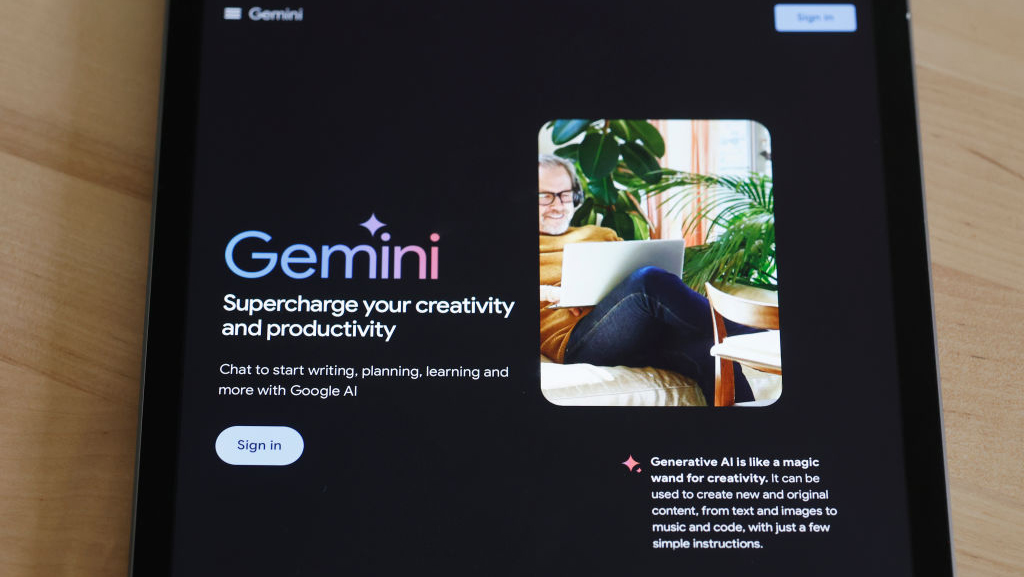
Google is withdrawing an Olympics advertisement for its AI-powered chatbot, Gemini, following extensive backlash.
The 60-second commercial, titled “Dear Sydney,” is still available on YouTube but has been removed from airwaves where it aired during the first week of the Games. The ad features a father using Gemini to help his young daughter compose a fan letter to Olympic track star Sydney McLaughlin-Levrone.
In the advertisement, the father says, “She wants to show Sydney some love and I am pretty good with words, but this has to be just right. So Gemini, help my daughter write a letter telling Sydney how inspiring she is.” The commercial briefly shows the draft Gemini produces and ends with footage of the little girl running on a track, accompanied by the tagline: “A little help from Gemini.”
Google Responds to Criticism
A Google spokesperson informed CNBC that despite the advertisement testing well before its release, the company decided to phase it out due to the feedback received. The spokesperson explained that the ad aimed to narrate an authentic story celebrating Team USA. “We believe that AI can be a great tool for enhancing human creativity but can never replace it,” they added. Google emphasized that the Gemini app is intended to provide a “starting point” for writing ideas.
The controversy surrounding the ad reflects broader debates about the role of AI in creative processes and its potential impact on the quality of human expression. As AI technologies continue to advance, companies face increasing scrutiny not only over how they portray and promote these tools but also about using the work of creative professionals without permission to train AI models.
Google is not alone in facing criticism for ads promoting AI in creative tasks. Recently, Apple withdrew an ad showing a hydraulic press crushing music instruments and paint cans to reveal its new iPad Pro following similar backlash. The controversy extended to Hollywood, where actors and unions reacted strongly after Scarlett Johansson accused OpenAI of using her voice without permission for the ChatGPT AI voice named “Sky.”
Despite these criticisms, OpenAI’s technology chief Mira Murati recently acknowledged that while AI might eliminate some creative jobs, she believes some of those jobs should not have existed in the first place.
Featured Image courtesy of Michael M. Santiago/Getty Images
Follow us for more Google news updates.
